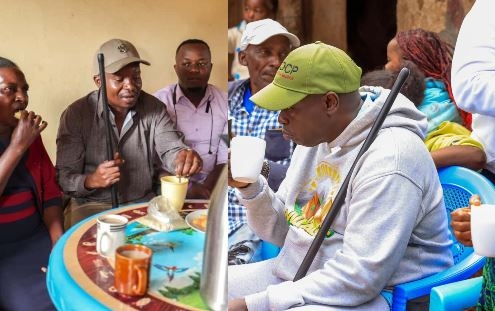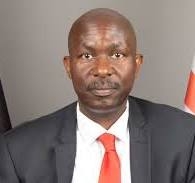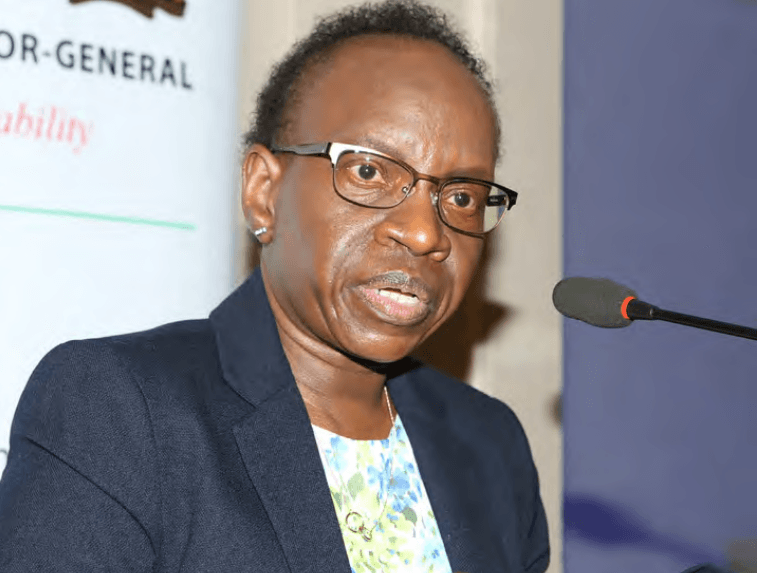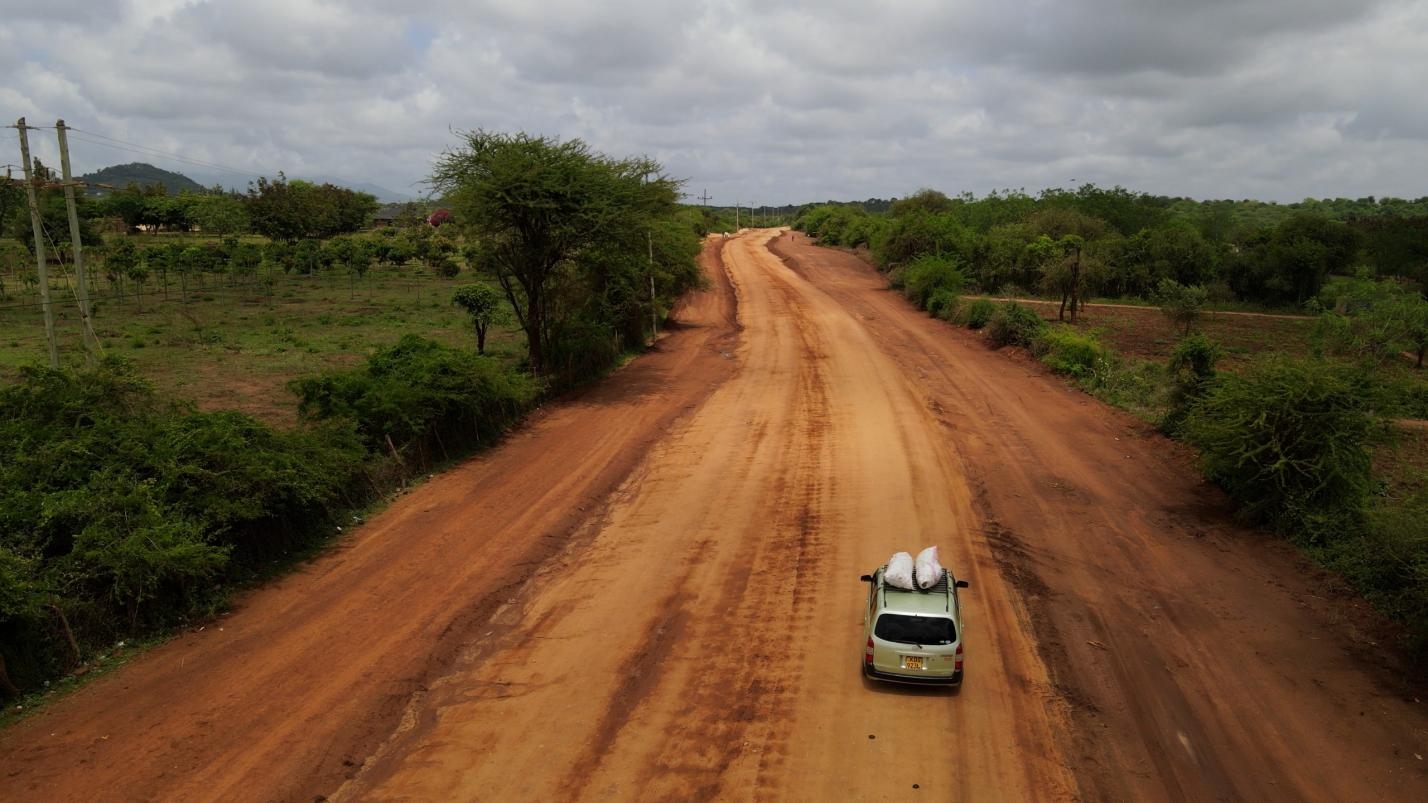The Kenya Electricity Generating Company has secured approval for the construction of 42.5MW Seven Forks Solar PV project.
The project is among others aimed at increasing energy generation capacity and maximising benefits for the nation.
Kengen managing director and chief executive officer Eng Peter Njenga said they are ready for the construction as they finalise the initial project preparation works.
The project, which is expected to start early next year, targets to complement hydro power during the day when the sun's intensity will be high, especially during the dry seasons.
“With the solar project, we can conserve water for power generation mostly at night,” Njenga said.
He spoke during the Good to Great Global Innovation Seminar at Tom Mboya Labour College in Kisumu on Tuesday.
Njenga said the company is committed to delivering and providing affordable and competitively priced electricity to Kenyans.
“Our role will be to catalyse economic development, provide the energy we need to power our growth and in the process, improve the lives of Kenyans,” he said.
Kengen is working to upgrade Gogo power station in Migori county from the current 2MW to 8.6MW at Sh3 billion.
The plant is aligned with Kenya’s commitment to clean energy and the global climate action agenda. He said the project will expand energy sources and improve livelihoods of local communities.
“It is one of our most important stations at Kengen as it carries the promise of our growth at a time when capacity expansion seemed impossible,” Njenga said.
The project, he said, is in line with the strategic direction at Kengen, which is fuelled by innovations towards realisation of ensuring accessible and cost-effective electricity for all.
Due to the ongoing rains, he said, the water is in abundance, translating into more electricity for Kenyans.
The dams also play the other role of helping to reduce the effects of flooding, especially in downstream Tana River.
Currently, the large hydropower dams in the Seven Forks have reached full supply capacity and now hold a combined volume of more than 2.6 billion cubic metres against a total flow from River Tana estimated at five billion cubic metres.
“Our Seven Forks dams hold the bulk of the water flowing from River Tana, way more than half the volume, which would be flooding areas downstream of the dams thereby reducing the damage caused by the ongoing rains,” he said.
In Western, Kengen has increased hydro-electricity generation at Sondu and Sangoro power stations due to the increased rainfall, same as Turkwel.
He said Turkwel Dam is far from reaching its maximum capacity and there should be no cause for alarm to neighbouring residents.
“The dam level is far from reaching the maximum level of 1,150 metres above sea level. We are at 1,136 metres,” Njenga said.
Kengen chairman Julius Ogamba said they have a robust tree-planting programme.
The company planted and supported more than 350,000 tree seedlings last year.
“We have currently expanded our efforts further, with innovative initiatives like employee tree-planting exercises and partnerships with golf courses across the country,” Ogamba said.
By March, Kengen had planted more than 270,000 trees, with an additional 180,000 seedlings earmarked for this quarter.
Ogamba said their focus on renewable energy is well-established and they meet about 92 per cent of the nation's energy needs from renewable sources for a sustainable future.
He said Kengen is exploring new avenues to bolster the renewable energy agenda, ensuring reliable power at minimal environmental cost.
“Our Green Energy Park initiative exemplifies this commitment. By partnering with entities like Konza Technopolis, we are attracting industrial investors to benefit from sustainable and affordable energy solutions,” he said.
Already, the construction of the first 100 per cent Green Data Centre is underway, with plans for scalability to meet future demand.
The initiative, Ogamba said, not only supports the economic growth but also aligns with the country's goal of attaining climate neutrality certification.
“We are working closely with stakeholders to craft cost-reflective tariffs that support profitable 24-hour economies, rural electrification, and the industrial and digital revolutions,” he said.
The chairman said Kengen is leveraging its robust geothermal capabilities to further harness the potential of this valuable resource.
“We know we have a potential of 10,000MW of geothermal in the Great Rift Valley and this will form a big part of our strategy going forward,” Ogamba said.
He praised the project to raise Masinga Dam by 1.5 metres, a move that will significantly enhance water management capabilities while addressing our growing energy needs.
Besides power generation, Kengen has been instrumental in managing water resources at their dams, effectively utilising water while mitigating downstream risks.

















